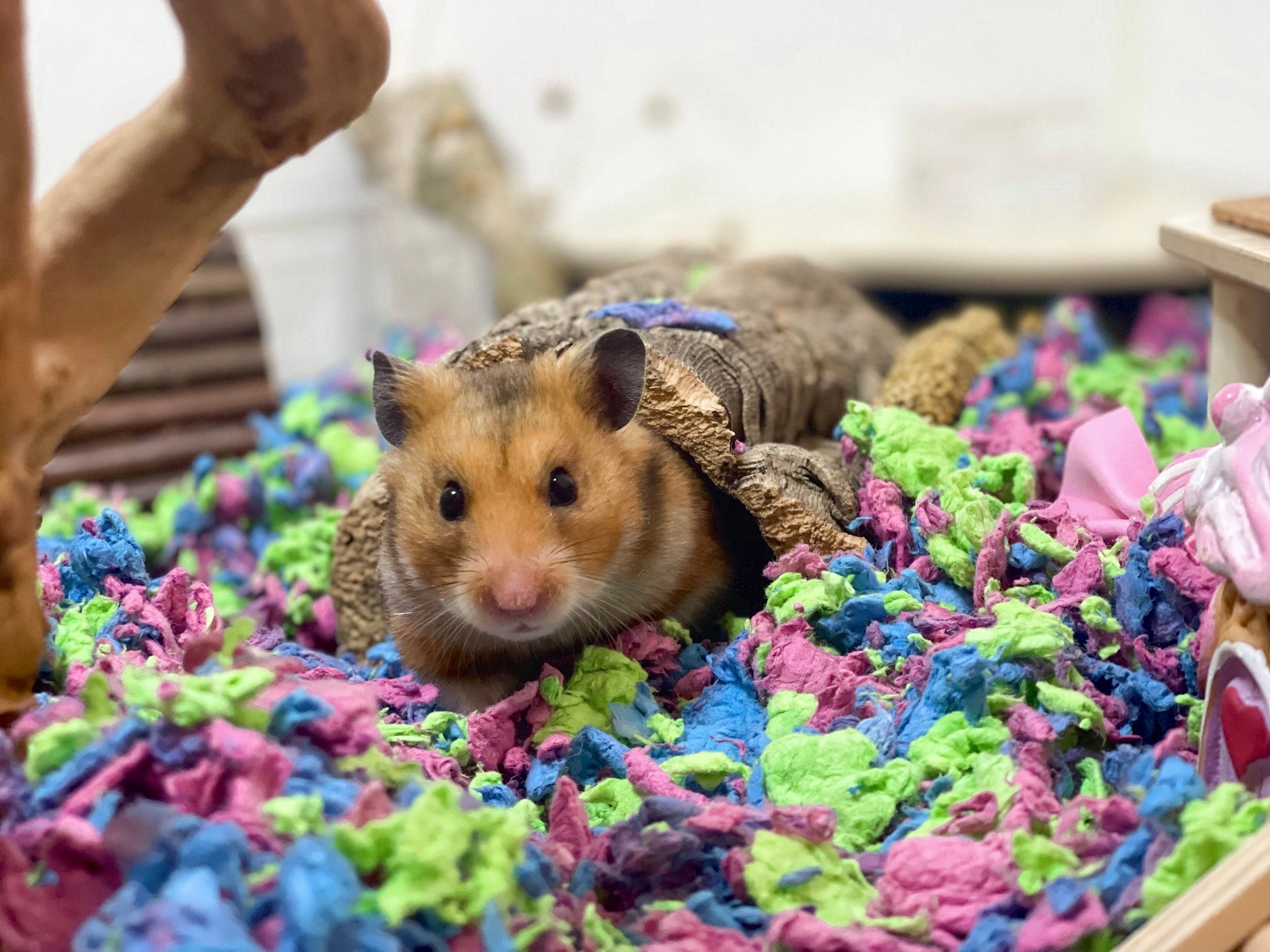
Signs Your Hamster May Be Sick and How to Prevent Illness
As a pet owner, it’s imperative for you to be able to identify if your pet is sick. However, as prey animals, hamsters are naturally good at hiding their illnesses. As a result, it is hard to tell if your hamster is sick, especially if you don’t know what you are looking for. The goal of this blog is to share some of the common signs of illness in hamsters and discuss what you should do if you notice any of them.
1. Change in behavior
One of the first signs of illness in hamsters is a change in behavior. If your hamster becomes more lethargic than normal, is not as active, or is sleeping more often, this may be an indication that they are not feeling well. Additionally, if they are not eating or drinking as much as usual, or are refusing to eat altogether, this is another major warning sign of illness and a reason to call your veterinarian.
2. Changes in their physical appearance
Changes in your hamster’s physical appearance may be another sign your hamster is sick. Be sure to check your hamster’s appearance daily and look for any changes. Does your hamster have any discharge from their nose, eyes, or mouth? Does their coat look unkept, matted or do they have any hair loss or bald spots? Does your hamster have any lumps, bumps or swelling anywhere? How do their feet look? Are they red, irritated, scaly, swollen? Do they seem to be having any trouble walking?
3. Change in stool
Stool is another indicator of your hamster’s health. Change in stool can be sign that your hamster is sick. Be on the lookout for changes in your hamster’s stool color, consistency, and amount.
If you notice any changes in their behavior, appearance, or stool, it could be a sign that your hamster is ill and needs to see a veterinarian right away. Your veterinarian will examine your hamster and may need to run some diagnostic tests to determine the problem. Then they will recommend an appropriate treatment plan for your hamster.
Signs of Illness
- Change in appetite
- Nasal or ocular discharge
- Lumps, bumps or swelling on the body
- Change in coat
- Red irritated feet
- Change in stool
Prevention
Is there anything you can do to help keep your hamster healthy? Yes! Providing your hamster with a healthy diet and access to fresh water at all times is crucial to their overall health. Avoid placing your hamster's cage in drafty areas and utilize a high quality, dust-free bedding, like carefresh® bedding. Carefresh® bedding is dust-free, twice more absorbent than shavings, can suppress odors for up to 10 days, and is soft and comfortable. Be sure to keep your hamster’s cage clean and free from moisture. While we can’t prevent all illnesses, taking these important steps are the best way to prevent many common medical problems seen in hamsters.

In conclusion, being aware of and looking out for changes in your hamster's behavior and physical appearance is crucial in identifying if they are sick. Prompt veterinary care and preventative measures will help keep your furry friend healthy and happy. As a responsible pet owner, it's essential to stay vigilant and take action as needed to ensure the best possible care for your hamster.








